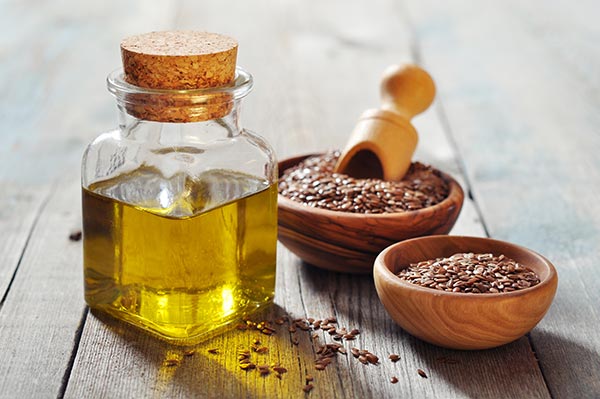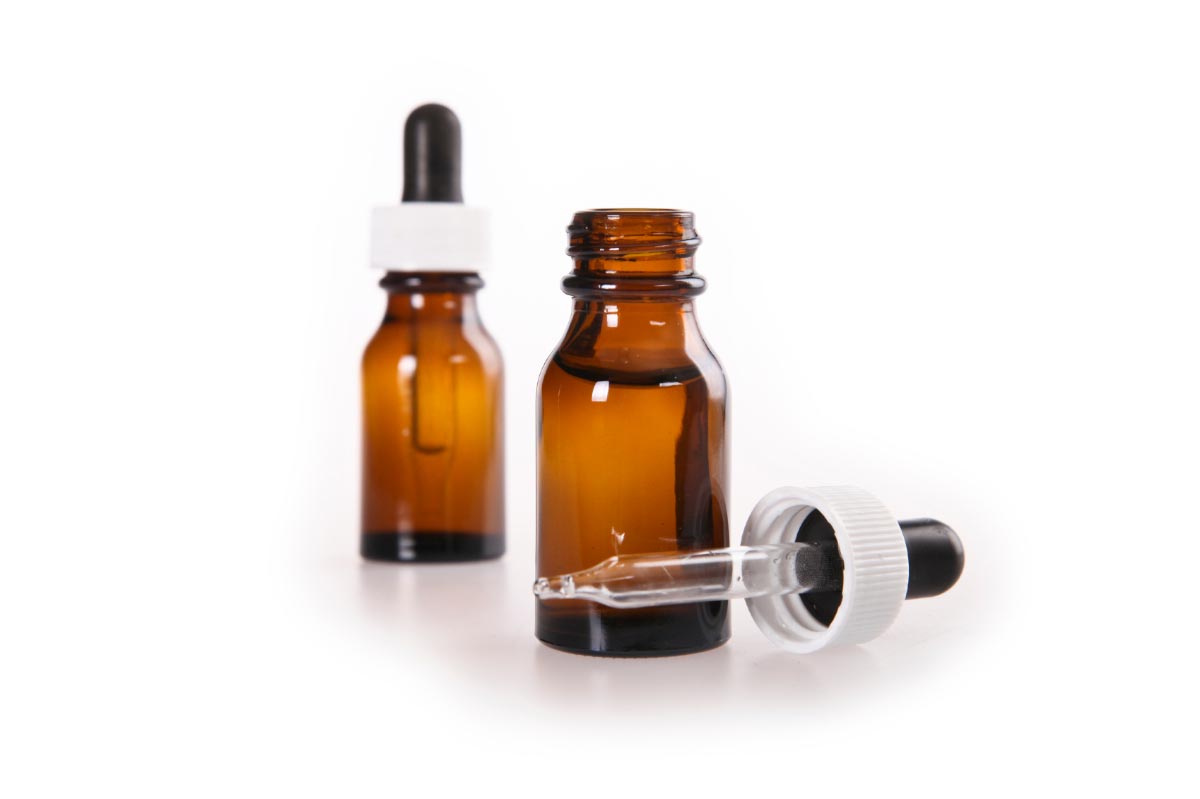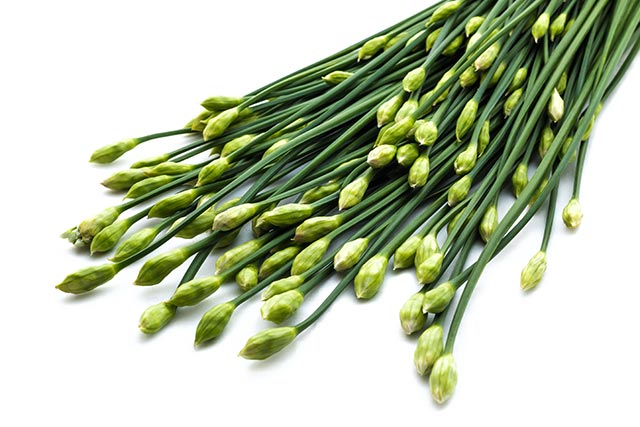Can fish oil and curcumin prevent muscle atrophy?
02/05/2020 / By Ralph Flores

It’s no secret that turmeric is one of the healthiest spices on the planet, thanks to curcumin, its primary active ingredient. While the spice is a key addition to many curries, most people find the taste to be a little too strong. Fish oil, on the other hand, is often linked to improved heart health. People often take it to lower their cholesterol levels and prevent heart disease, but it’s also known for its fishy aftertaste. Here’s where it gets interesting: Researchers from Texas A&M University suggest combining the two – in the name of improved muscle health.
In their study, recently published in Nutrition Research, the team noted that the interesting combination can benefit those who are unable to use their muscles, such as patients who are either immobilized or under bed rest, and even astronauts in spaceflight. The condition, which scientists refer to as mechanical unloading, can lead to muscle atrophy over time, where weakened muscles shrink and lose their mass. This can undoubtedly have negative effects on a person’s quality of life, with muscle atrophy greatly impairing the ability to perform everyday activities.
Curcumin and fish oil enhance anti-stress proteins
Scientists have long identified the link between muscle inactivity, or mechanical unloading, and muscle atrophy. When skeletal muscle use becomes limited or decreased, it can lead to low muscle mass, decreased muscle fiber cross-sectional area and muscle fiber transition from slow to fast – all of which indicate impaired force production, or the capacity to move weight. This also causes the downregulation of heat shock proteins, a family of proteins that help build muscle and protect against excessive stress, and further worsen these changes.
In the study, mice were fed with a diet with fish oil and curcumin supplements for 10 days before subjecting the animals to mechanical unloading of the calf muscle. The researchers then took samples of their muscle fibers a week after the mice were unloaded to assess whether the combination positively affected biomarkers for muscle atrophy.
The findings revealed that supplementing with curcumin and fish oil resulted in a lower loss of muscle fiber after unloading, as well as increased the amount of heat shock proteins in the muscle. The researchers also found that the tissues had reduced levels of Nox2, a biomarker for oxidative stress. (Related: Preventing muscle atrophy in those with diabetes: Animal study reveals tocotrienols can increase skeletal muscle weight.)
“The combination of fish oil and curcumin prevents skeletal muscle atrophy due to a boost of heat shock proteins and anabolic signaling in an unloaded state,” the researchers concluded in their report.
Natural approaches for dealing with muscle atrophy
A number of factors can cause muscle atrophy. These include chronic illnesses, like amyotrophic lateral sclerosis (ALS) or arthritis; injuries or conditions that damage the nerves that control the muscles; aging and poor nutrition. Aside from a loss in muscle mass, symptoms of muscle atrophy vary and may include:
- Having a limb that’s smaller than the others
- Weakness, whether in one limb or generally
- Difficulty balancing
To prevent and address muscle atrophy, healthcare practitioners will often recommend physical therapy. This involves a patient doing movements to prevent immobility and increase muscle strength. Other treatment options include nutritional therapy, where a person adopts a diet geared to provide him with adequate protein, calories and nutrients for muscle development; specific exercises that target the area of concern; and topical herbal treatments such as arnica, comfrey and wild thyme.
Sources include:
Tagged Under: curcumin, Diets, Fish Oil, food cures, food is medicine, food science, muscle atrophy, muscle unloading, muscles, nutrition, prevention, supplements, turmeric
RECENT NEWS & ARTICLES
COPYRIGHT © 2017 REMEDIES NEWS




















